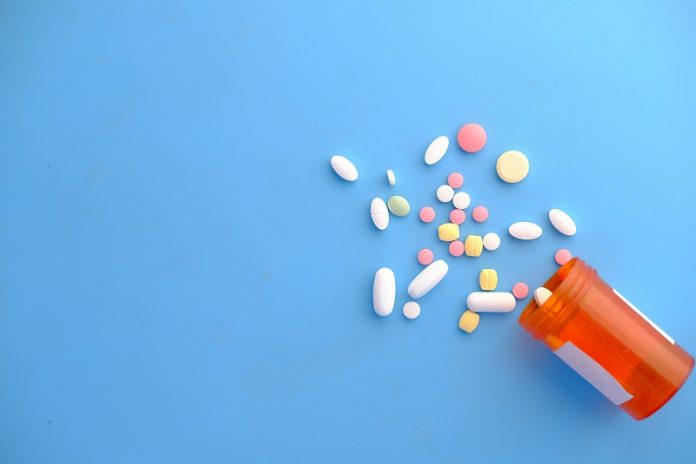
In a new study from the University of Texas MD Anderson Cancer Center, researchers found that the new hormone therapy could not only keep prostate cancer in check, but also double the risk of getting depression for men.
Prostate cancer patients treated with the latest forms of hormone blockers were twice as likely to develop depression compared with men treated with older forms of hormone therapy or those who received no such medication at all.
Researchers suggest that when doctors prescribe the related drugs to prostate cancer patients, they should pay close attention to the side effects on mental health.
Prostate cancer feeds on male hormones like testosterone, which are also known as androgens.
Doctors have long treated prostate cancer in part by blocking androgen, depriving cancer cells of their fuel.
They now have second-generation anti-androgen drugs like abiraterone and apalutamide that are even better at blocking testosterone than earlier medications, researchers said.
But a lack of testosterone increases a man’s overall risk of depression, whether or not he has prostate cancer.
In the current study, to know how much additional risk of depression comes with the newer hormone therapy, the team examined data from nearly 30,100 prostate cancer patients.
They broke the men into three groups—those who received no hormone therapy, those who got the more established medications, and those treated with second-generation anti-androgen drugs.
They found that the men that received second-generation anti-androgens had an increased risk of depression.
It’s possibly because the second-generation drugs are much better at bringing the testosterone levels down, while the previous-generation drugs could only stop testosterone production at the main factory of testosterone.
The findings don’t suggest that the depression risk due to the new hormone therapy outweighs the new drugs’ benefit to control prostate cancer.
The study just reminds us to take care of the long-term side effects of the new hormone therapy.
Doctors and the family members of the patients could check the mental health risk factors while the patients are undergoing the therapy.
If you care about prostate cancer, please read studies about symptoms, tests, and treatments for prostate cancer, and findings of the daily beverage that may lower prostate cancer risk.
For more information about prostate cancer, please see recent studies about the stuff in the body that can protect against prostate cancer, fatty liver disease, diabetes, and results showing that scientists develop a new drug for treating aggressive prostate cancer.
The study was conducted by Malgorzata K. Nowakowska et al., and published in JAMA Network Open.
Copyright © 2022 Knowridge Science Report. All rights reserved.



